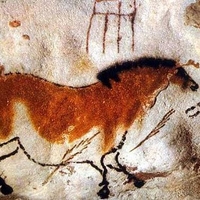Why Animals and Religion Now?
DOI:
https://doi.org/10.52537/humanimalia.9543Abstract
Over the last few of years, coming on the heels of a general turn toward the animal within the humanities and social sciences, a turn toward the animal and religion has taken place. This paper seeks to highlight some of the reasons why this turn has begun to take place and why thus turn has begun to take place only now. The works of Aaron Gross and Donovan Schaefer, I contend, represent a turning point in the history of the subject of religious studies for, in their work, other (non-human) animals are considered, as possible religious agents. Here, I engage the work of G.W.F. Hegel, Jacques Derrida, Émile Durkheim, J.Z. Smith, and Georges Bataille, to demonstrate the extent to which our thinking about religion has determined who can count as a religious subject and why the relatively recent turn toward religion and animals constitutes such a significant gesture within the history of religious studies and, for that matter, within the humanities in general.
Downloads

Published
Issue
Section
License

This work is licensed under a Creative Commons Attribution-NonCommercial 4.0 International License.


